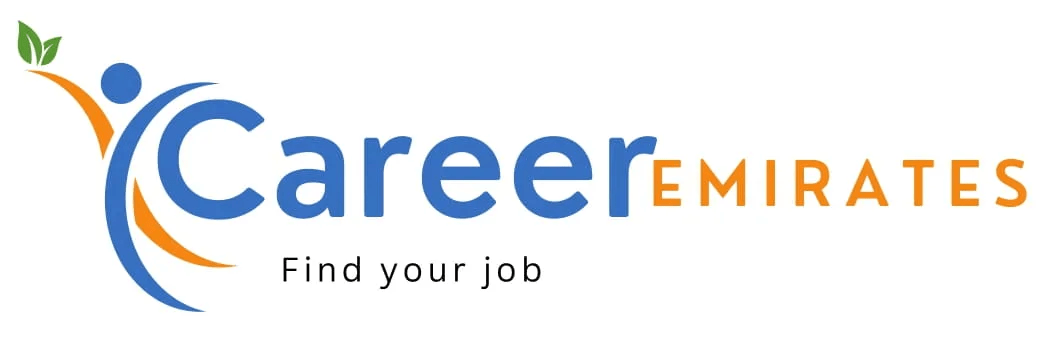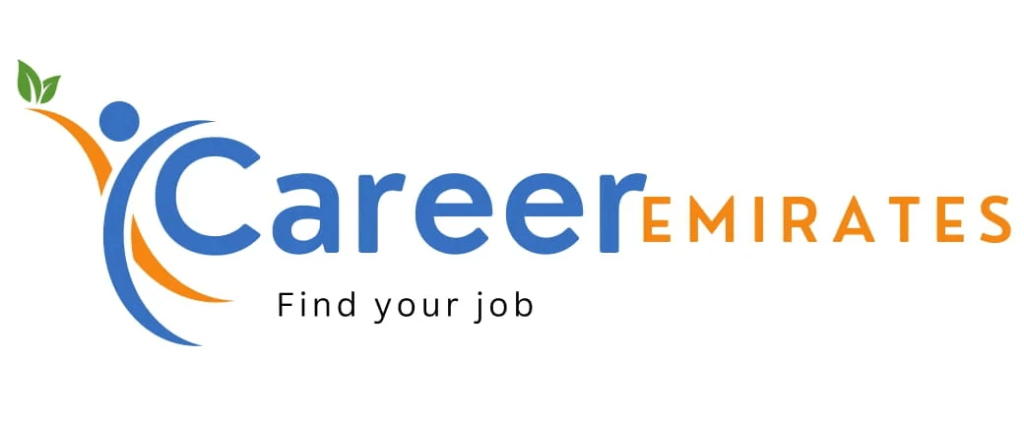naway66135
About Candidate
NHS FPX 8002 Assessment 2: Exploring Healthcare Leadership and Systems Thinking
In the field of healthcare administration, effective leadership, systems thinking, and evidence-based decision-making are crucial for achieving sustainable improvements in patient outcomes and organizational performance. NHS FPX 8002 Assessment 2 from Capella University’s Master of Healthcare Administration (MHA) program focuses on developing these essential competencies. This assessment encourages students to analyze healthcare leadership strategies, explore complex systems, and apply theoretical frameworks to real-world challenges within healthcare organizations NHS FPX 8002 Assessment 2.
In this detailed blog, we will explore the purpose, structure, learning outcomes, and strategies to successfully complete NHS FPX 8002 Assessment 2, while also understanding how it prepares learners for leadership roles in the modern healthcare landscape.
Understanding NHS FPX 8002
The NHS FPX 8002 course, titled “Foundations of Evidence-Based Practice in Healthcare,” is a core component of the Capella University MHA program. It introduces students to leadership, organizational management, systems thinking, and the integration of evidence-based strategies to enhance healthcare quality and performance.
The Assessment 2 in this course often requires learners to analyze a healthcare organization or system through a leadership and systems-thinking lens. Students are typically asked to identify challenges, evaluate interrelationships between system components, and propose strategic interventions that promote positive outcomes.
This assessment builds upon foundational concepts introduced in Assessment 1, moving from theoretical exploration to practical application of leadership and systems principles in healthcare contexts NHS FPX 8002 Assessment 3.
Purpose of NHS FPX 8002 Assessment 2
The primary objective of NHS FPX 8002 Assessment 2 is to demonstrate the learner’s ability to think critically and systemically about healthcare organizations. It helps students:
Analyze leadership dynamics and their impact on healthcare delivery.
Apply systems-thinking principles to identify and address healthcare challenges.
Integrate evidence-based approaches into organizational decision-making.
Evaluate interdependencies among healthcare departments, professionals, and stakeholders.
Propose actionable recommendations for quality improvement and operational efficiency NURS FPX 8020 Assessment 1.
By completing this assessment, students not only enhance their academic competencies but also prepare for real-world leadership roles where evidence-driven strategies are essential for healthcare transformation.
Key Themes in NHS FPX 8002 Assessment 2
To excel in this assessment, students must understand the central themes that define the project. These include:
1. Leadership in Healthcare
Healthcare leaders play a pivotal role in shaping the culture, policies, and performance of organizations. Effective leadership is characterized by emotional intelligence, ethical decision-making, communication, and the ability to motivate teams.
Students are expected to examine leadership theories such as transformational, servant, and situational leadership, evaluating how these styles influence collaboration, innovation, and patient care outcomes.
2. Systems Thinking
Systems thinking is a holistic approach that views healthcare organizations as interconnected entities rather than isolated units. It emphasizes understanding relationships, feedback loops, and dependencies among system components.
In the context of this assessment, learners analyze how systems thinking can be applied to solve complex healthcare issues—such as reducing hospital readmissions, improving care coordination, or managing healthcare costs.
3. Evidence-Based Practice
Evidence-based practice (EBP) is a cornerstone of modern healthcare. It integrates the best available research evidence with clinical expertise and patient preferences to guide decision-making.
Students must apply EBP principles to propose interventions that are supported by credible data and proven methodologies.
4. Interdisciplinary Collaboration





